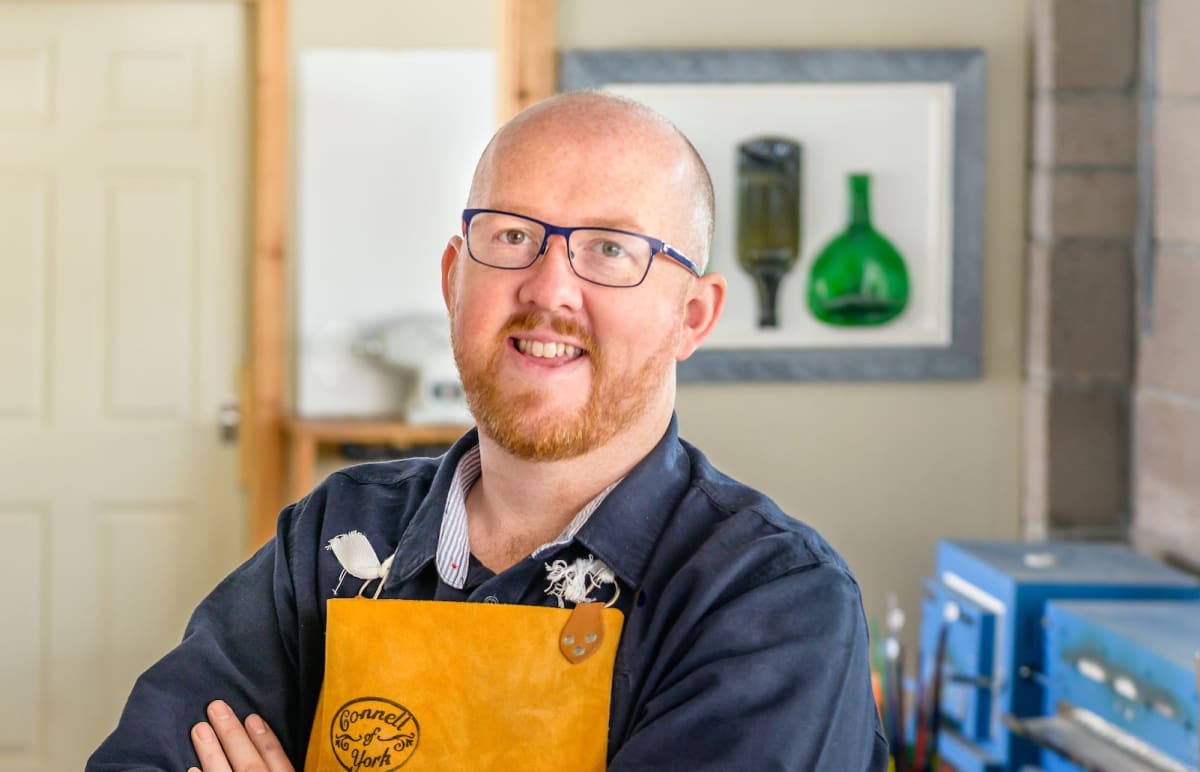
Last week, we revealed the latest (much-needed) changes to the Funeral Expenses Payment. Coming in on April 2nd, they’re designed to make simpler to apply for government help with funeral costs.But then we wondered: when the payments come in at around £1,427, and the average funeral is £4,078, how are families – and their funeral directors – coping when money is short?
So this week, we caught up with with funeral director Allistair Anderson from Compassionate Funerals in London to find out what his tips are for getting better and faster help with funeral costs.
Married in the UK? Apply for a Bereavement Support Payment.
This open scheme offers bereaved spouses who are under state pension age around £2,500.
“A lot of people don’t know about it. It’s a one-off, tax-free payment, and it’s not means-tested – so you can be the Queen or the road sweeper, it doesn’t make any difference. It’s [also] relatively simple,” Allistair says, pointing out that there are fewer forms.
He does however warn that not everyone can get the Bereavement Support Payment – people whose marriage wasn’t registered in the UK are left out.
If you’re applying for the Funeral Expenses Payment, go to a pro.
“The form can be pretty daunting,” Allistair says. While the new April changes will make applying easier for the IT-savvy, others will find it simpler to do it over the phone, or with help from staff at their local Job Centre or library.
“The telephone application is probably the easiest way, and means that you haven’t got to wait for the forms to go in. If you go to the Job Centre, they’ll also make sure the form has been filled out correctly – and when it goes through their own internal mail, it’ll be received by the office the next working day”.
Ask your funeral director about payment options.
Funeral directors understand that families can be taken surprise by a death, and might not be able to afford a funeral right away. “What we’d normally do is ask for half the funeral payment up front, then put something in place over the next three or six months so they can pay it back gradually,” Allister says.
Choose a safe source of finance.
Specifically, watch out for high interest options, like paying for a funeral on a credit card. “We try everything possible to stop that, because you know there’s obviously a huge charge,” Allistair warns, adding that Beyond’s probate service would be a better alternative for families seeking a loan.
Check for a charity who can help.
It’s worth exploring some less-obvious options too. “There’s lots of small organisations out there that can help families in financial difficulty,” Allistair says. There are charities covering hospitals, certain illnesses, children’s funerals, specific communities (such as those of Scottish descent living in London), and even trusts set up by businesses like energy providers.
Remember, it’s the service that matters.
While families often start off thinking about the kind of cars used, the procession, the flowers, and other costs, these things are often forgotten later.
“When we actually talk to them, the really important thing is what happens when the doors close in the chapel, and the service begins, and they start to celebrate the life of the person who has died,” Allistair says. “That’s the thing they’re really going to remember”.
Compassionate Funerals is a London-based funeral directors run by Hasina Zaman and Allistair Anderson. To find out more about the service they offer, visit their Beyond funeral director profile.















